This week, the Supreme Court weighed in on a controversial case involving the federal government and its interaction with social media companies, placing Ohio Representative Jim Jordan at the center of a nationwide debate.
The ruling raises questions about the government’s role in managing online content.
Rep. Jerry Nadler Calls Out Jim Jordan
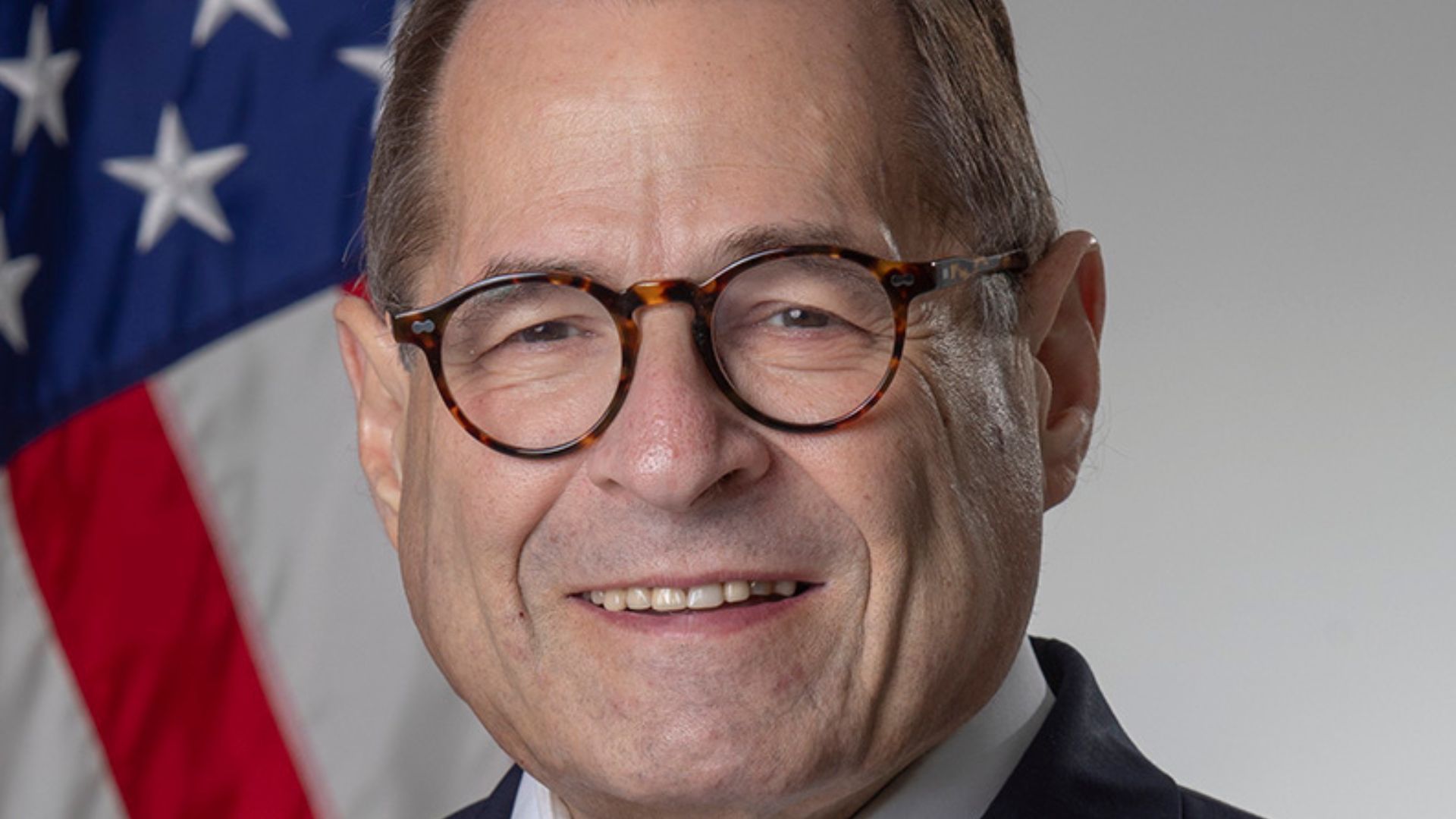
Following the Supreme Court’s ruling, Democratic Representative Jerry Nadler didn’t hold back, criticizing Jim Jordan sharply.
Nadler said, “As expected, the Supreme Court has issued a stinging rebuke to Jim Jordan and his multimillion-dollar conspiracy theory filed witch hunt.” His comments on X, previously Twitter, underline the court’s firm dismissal of Jordan’s position.
Breakdown of the Supreme Court’s Ruling
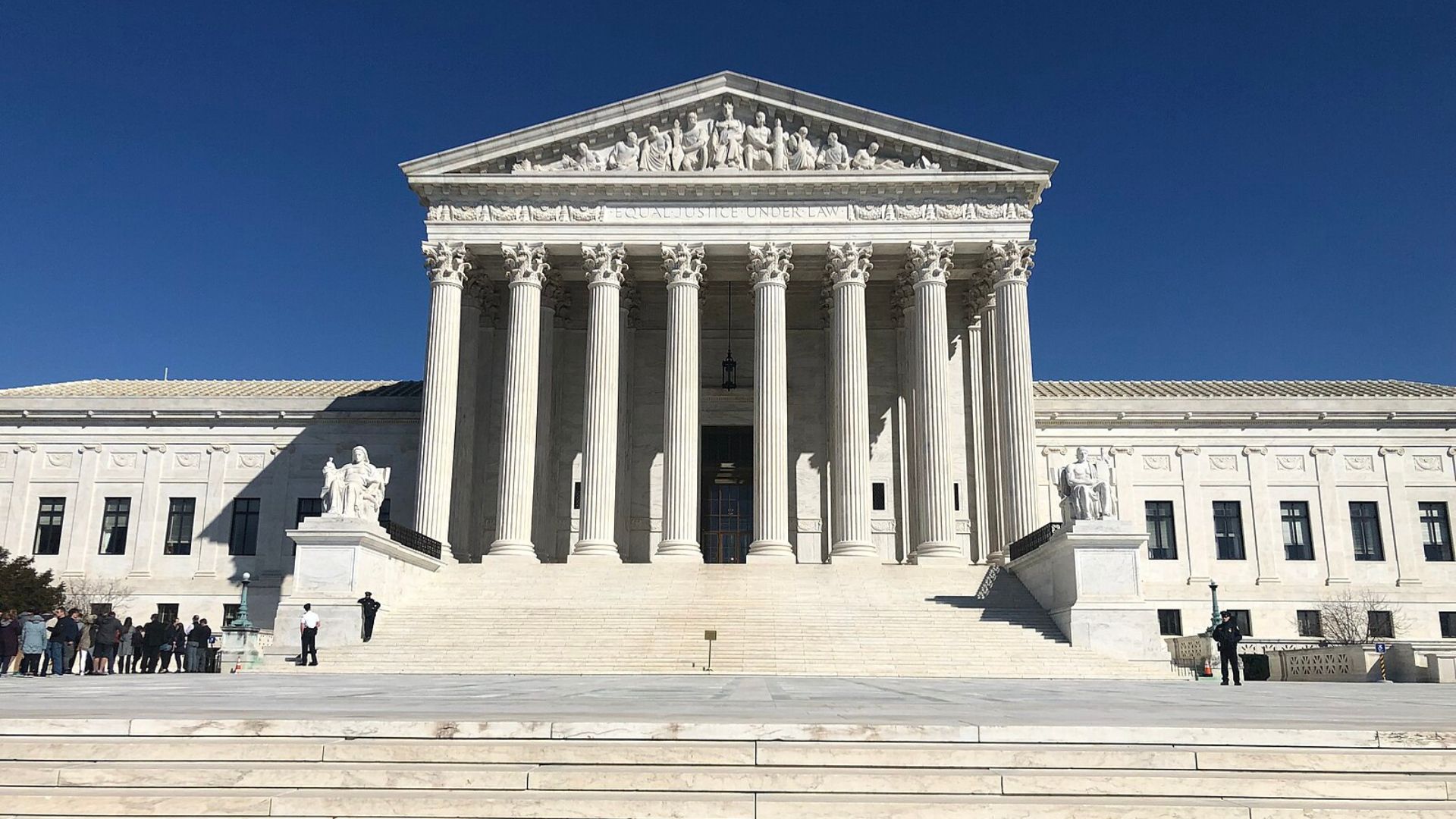
In a decisive 6-3 vote, the Supreme Court ruled in the case of Murthy v. Missouri.
Justice Amy Coney Barrett authored the majority opinion, finding that plaintiffs lacked the necessary standing to challenge administration officials over how social media platforms handle misinformation, particularly regarding COVID-19.
Murthy v. Missouri
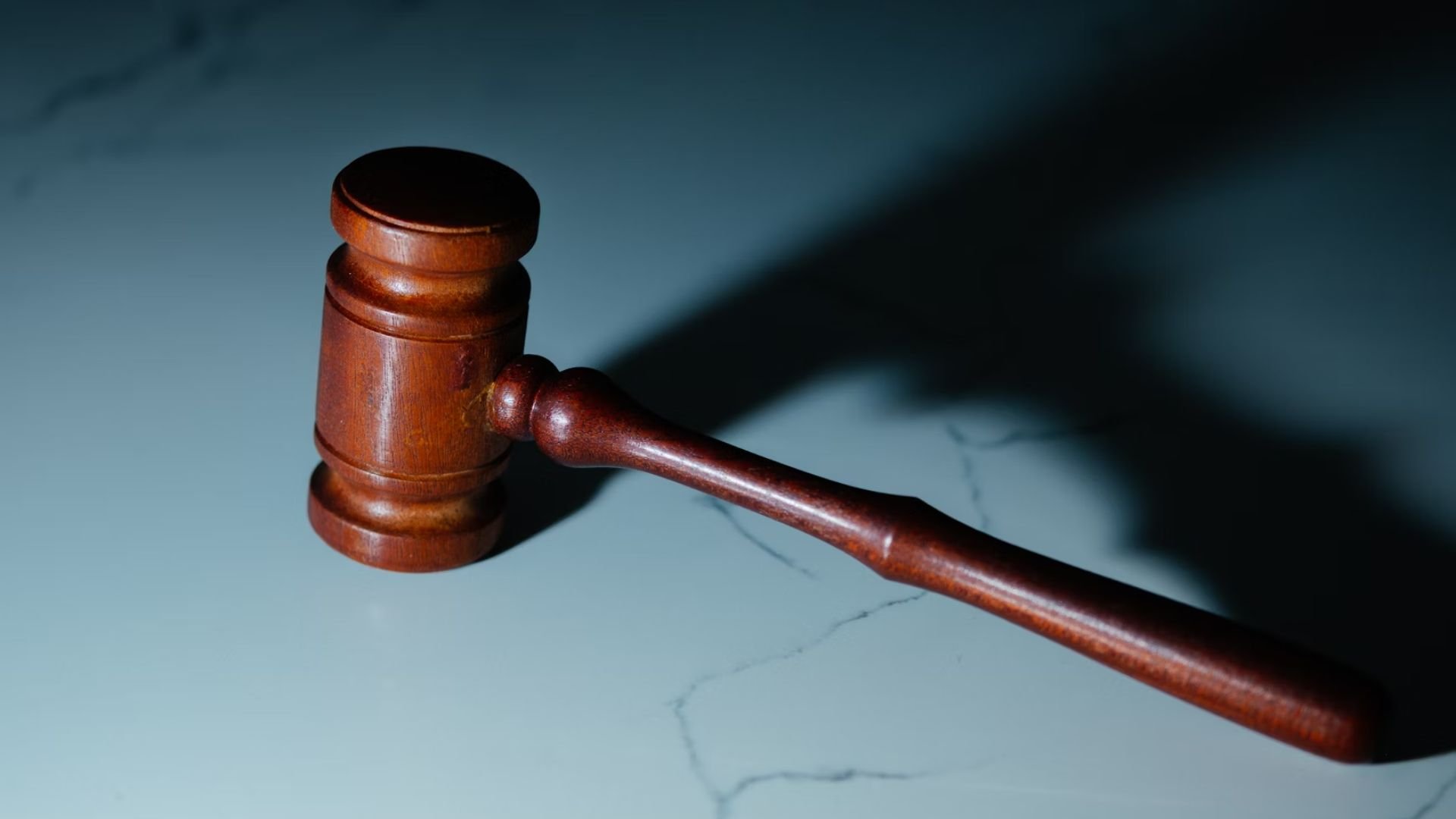
The Murthy v. Missouri case was argued in March 2024 in which the states of Missouri and Louisiana filed against the U.S. government in the Western District of Louisiana.
The states (led by Missouri’s former Attorney General), Eric Schmitt, argued that the federal government pressured social media companies to censor conservative views and criticism of the Biden administration.
Some Background To The Case
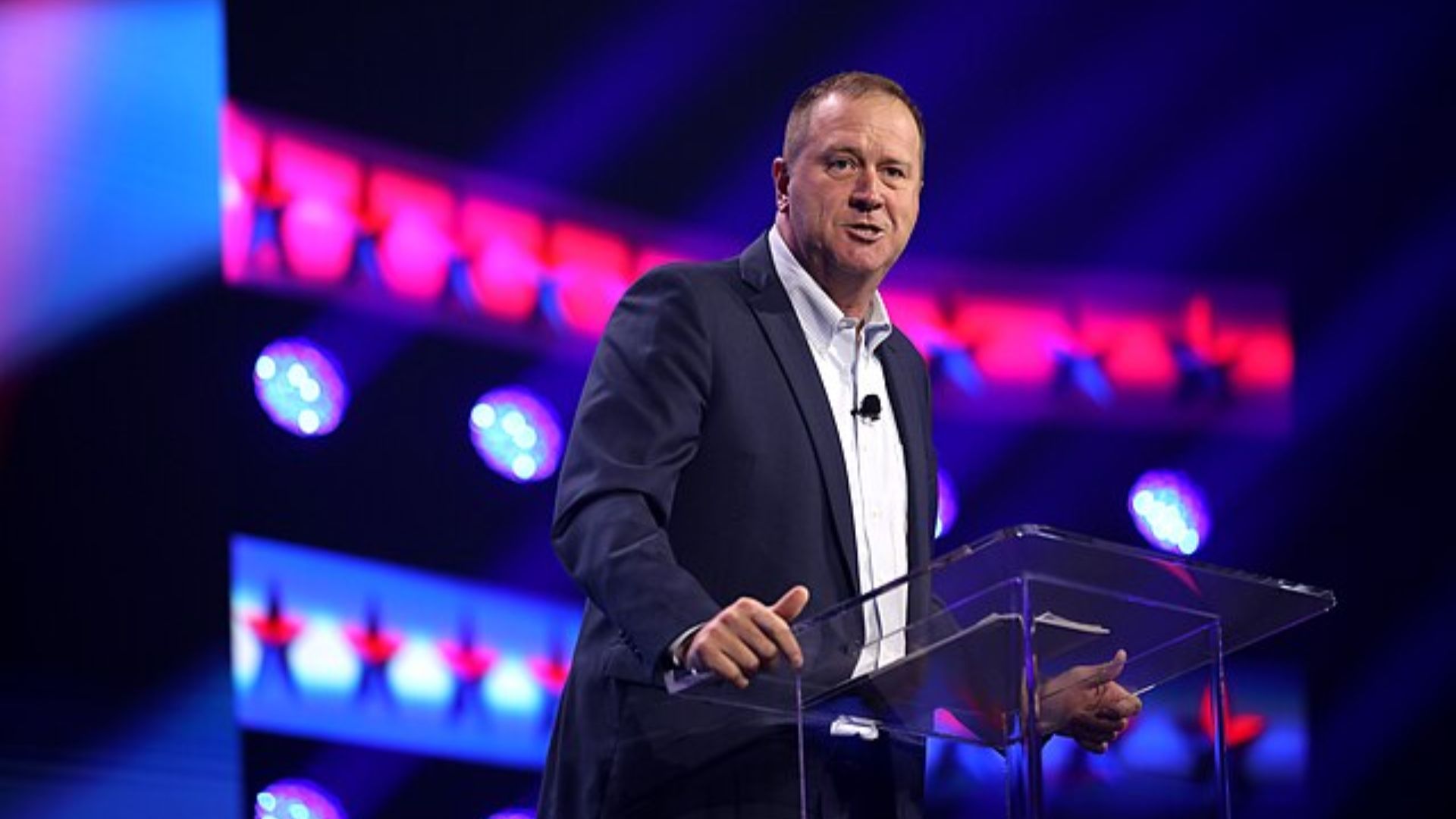
In July 2023, Judge Terry Doughty issued a preliminary injunction which banned several government agencies and members of the Biden administration from contacting social media services to request the removal of material, except for content involving illegal activity.
The initial Louisiana court held that government entities and officials “shall not coerce or significantly encourage social media companies to suppress protected speech on their platforms”.
What Was The Charge Against The Federal Government?
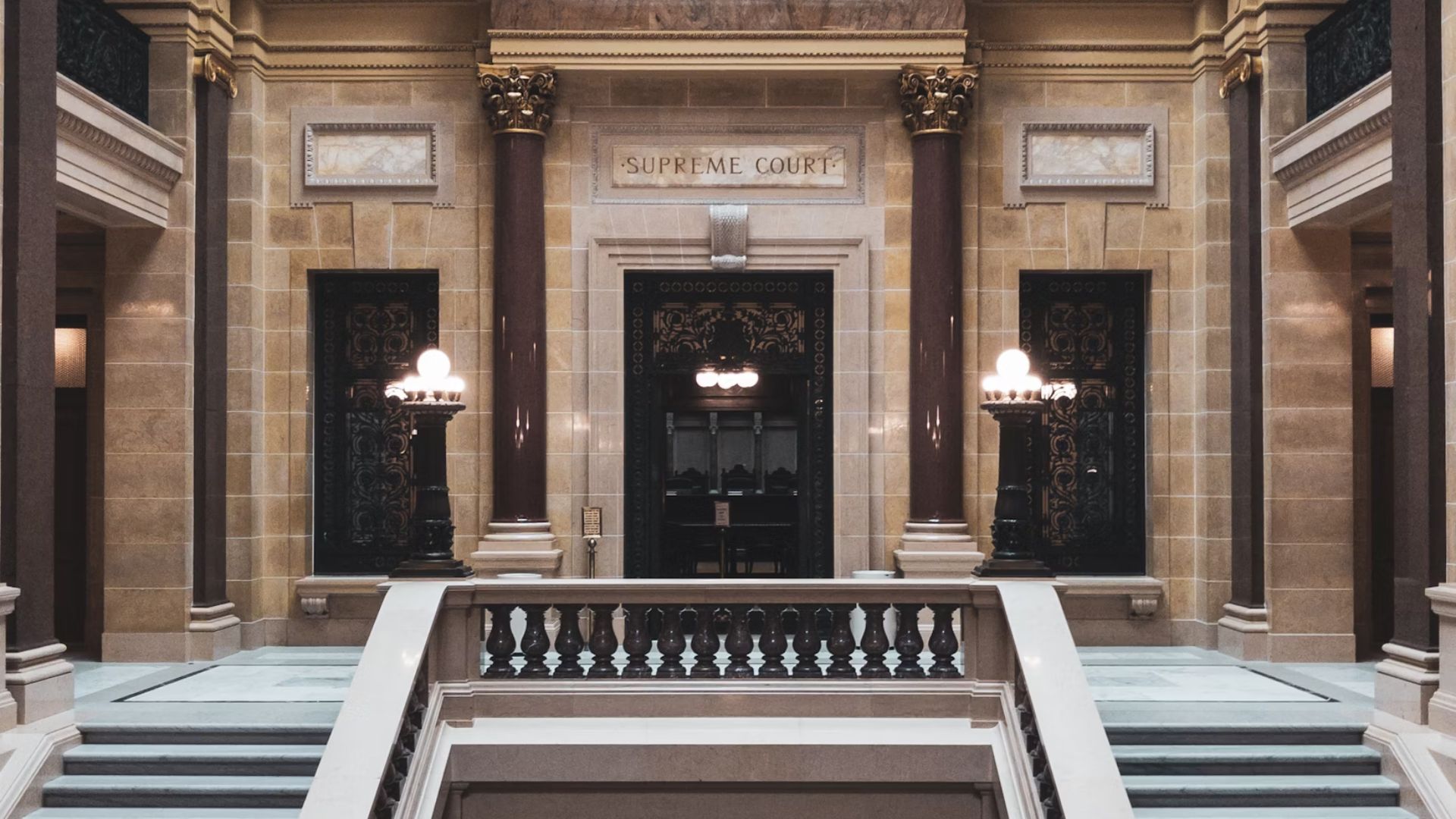
The lawsuit was a Republican-led campaign claiming that the White House violated the first amendment during the Covid-19 pandemic.
The claim is that government officials went against free speech protections by requesting that Facebook, X (formerly known as Twitter), and other social media platforms remove misinformation about the virus. A victory for the claimants would have meant the White House would have been blocked from contacting social media companies.
What Kind Of Coercion Was The Lawsuit Claiming?
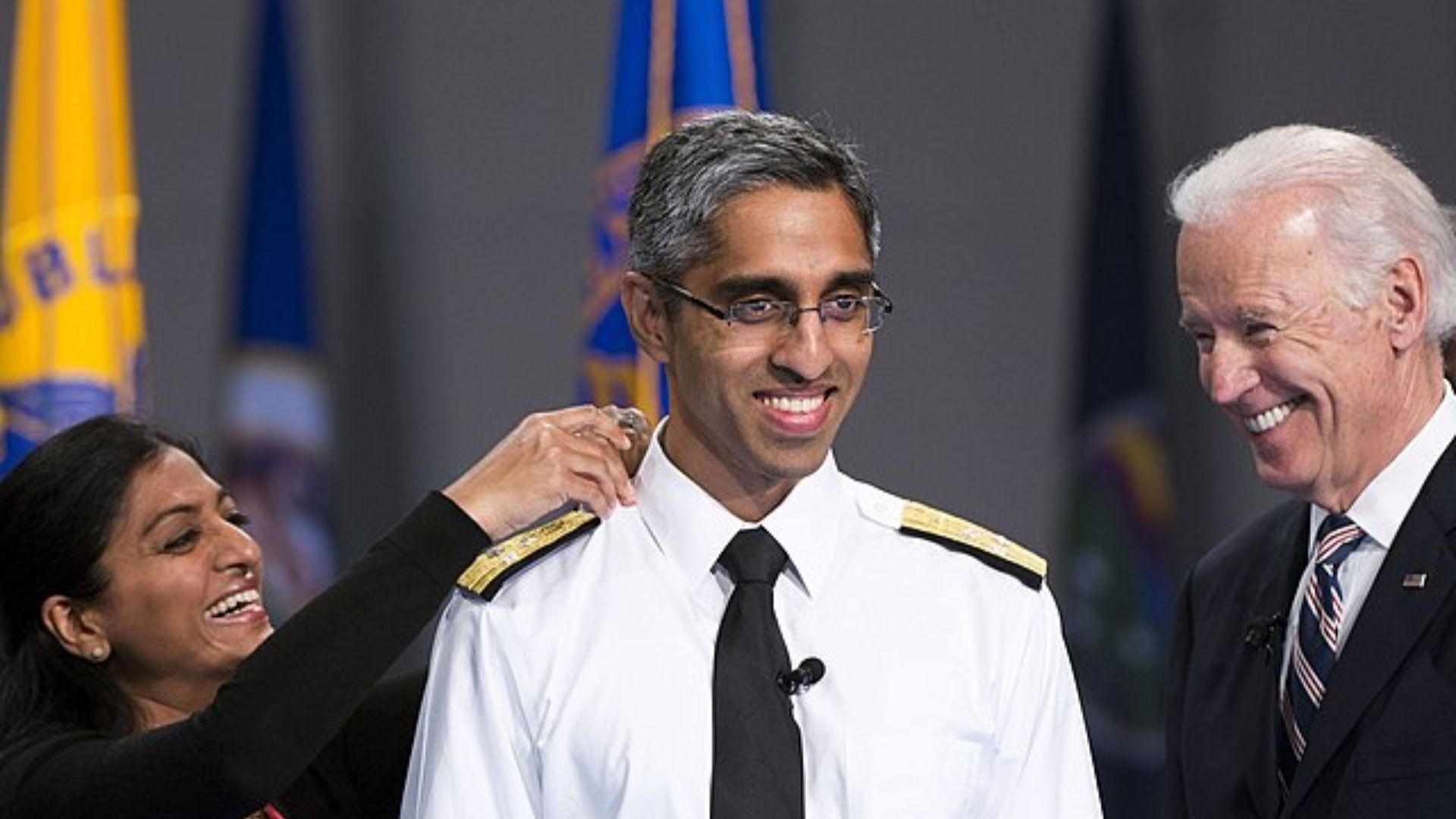
An important question to ask about the case is: What constitutes censorship of social media platforms?
It is true that government officials called on social media companies to improve their content-moderation during the pandemic. Surgeon General, Vivek Murthy, issued a health advisory encouraging platforms to stop Covid-19 misinformation “from taking hold”. Murthy spoke out against social media algorithms amplifying misinformation and disinformation about the coronavirus.
The Supreme Court Reversed The Lower Court Decision
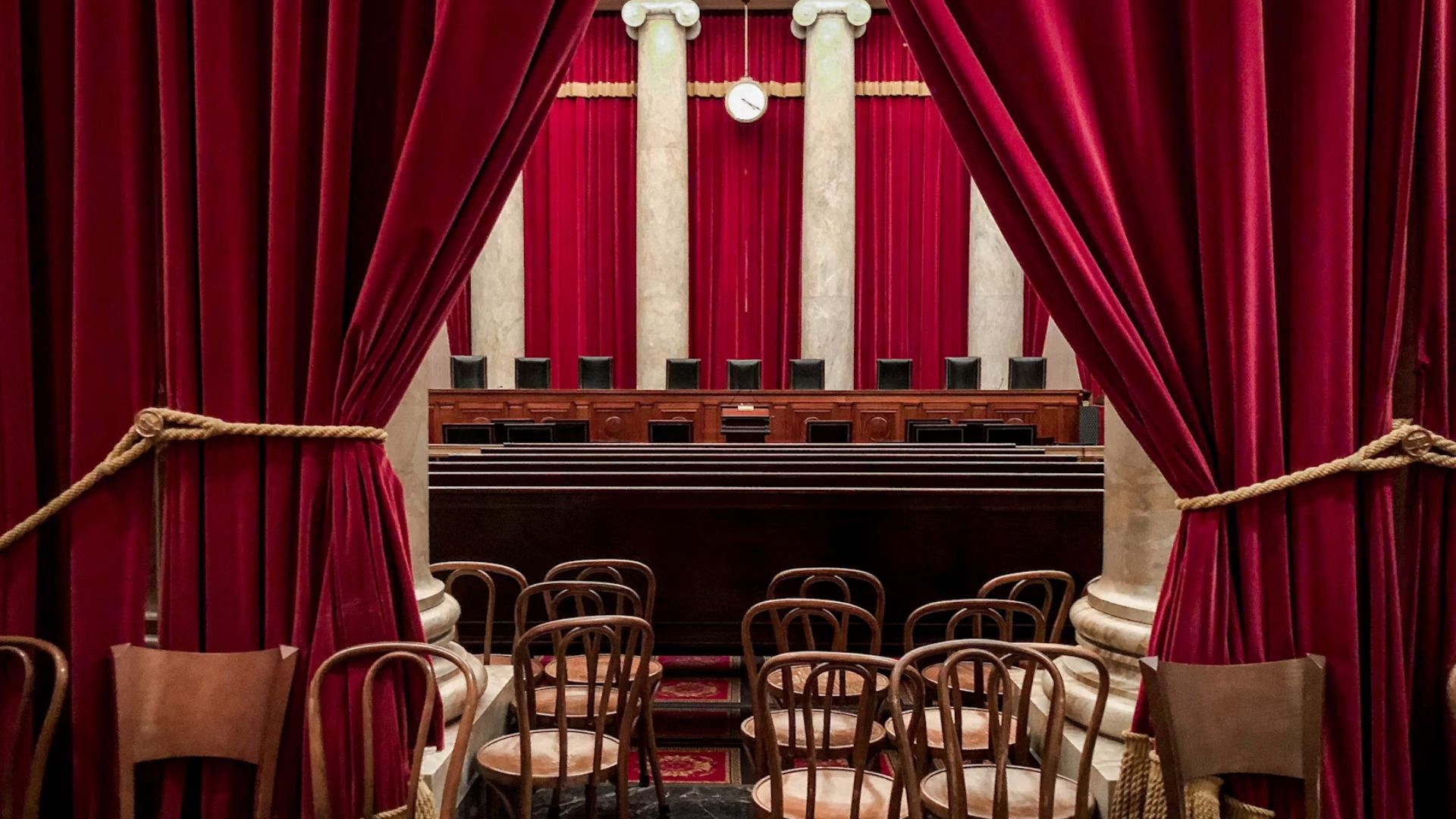
The Louisiana court said federal agencies were playing the role of an “Orwellian ‘Ministry of Truth’”.
The Fifth Circuit Court of Appeals only partly agreed with this ruling that the government was responsible for the removal of misinformation and issued a wide-sweeping ban on federal agencies from coercing social media platforms.The Supreme Court rules that the “fifth circuit was wrong”. The Supreme Court overturned the lower court’s ruling.
Justice Barrett Clarifies the Court’s Stance
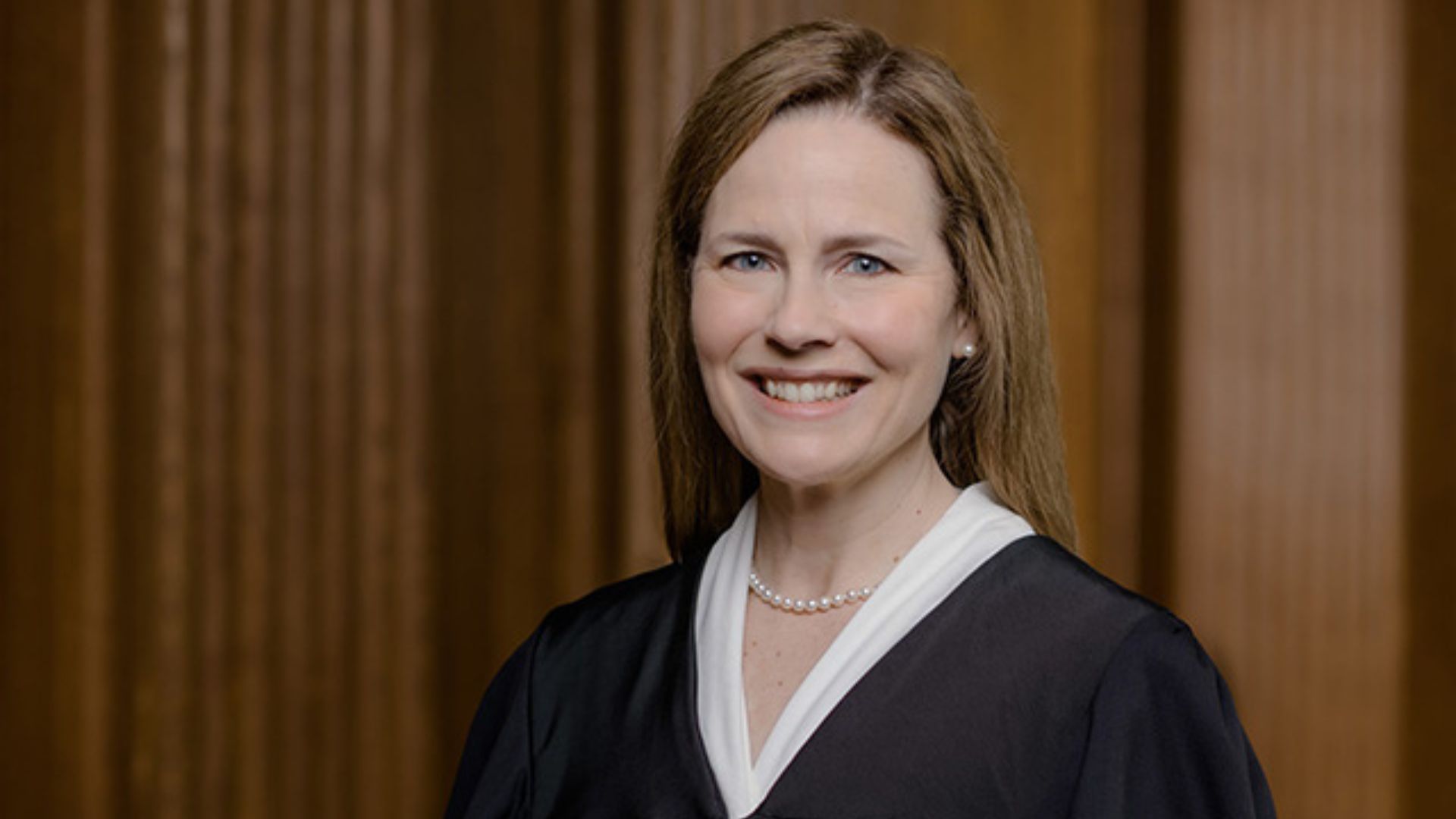
Justice Amy Coney Barrett detailed why the court rejected the plaintiffs’ claims, noting the lack of a direct link between the alleged harm and the actions of the defendants.
She stated, “The plaintiffs, without any concrete link between their injuries and the defendants’ conduct, ask us to conduct a review of the yearslong communications between dozens of federal officials, across different agencies, with different social-media platforms, about different topics.”
Amy Coney-Barrett Slams Conspiracy Theory Behind The Case
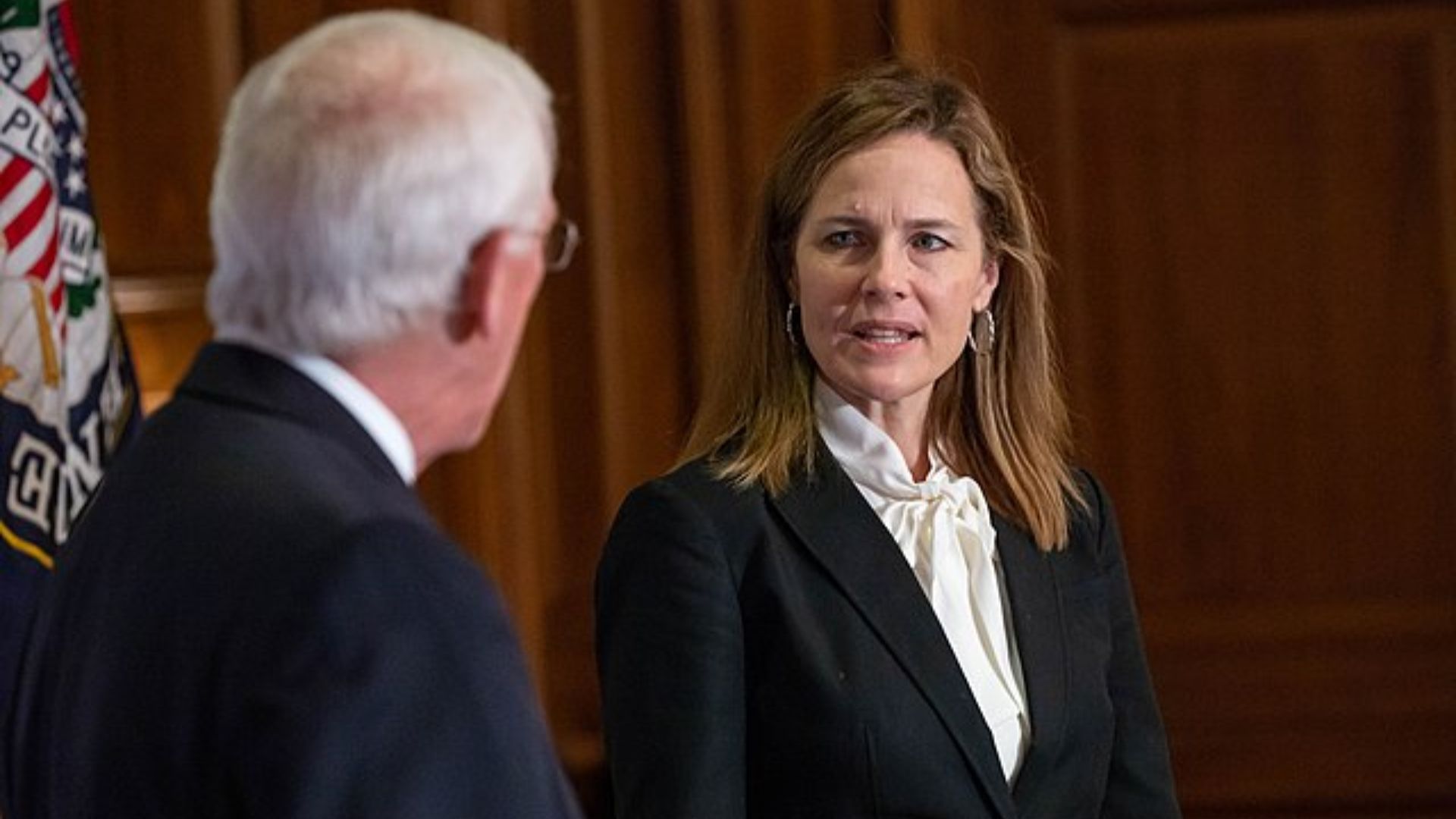
Amy Coney Barrett did not only say that the claimants did not have sufficient standing to sue the federal government. She also cracked down on the right-wing conspiracy theory driving the lawsuit.
Coney Barrett noted that a motive behind the lawsuit was a conspiratorial collusion between liberal politicians and social media employees to suppress conservatives. She said: “The platforms had independent incentives to moderate content and often exercised their own judgment.”
A Look at Jim Jordan’s Investigative Work
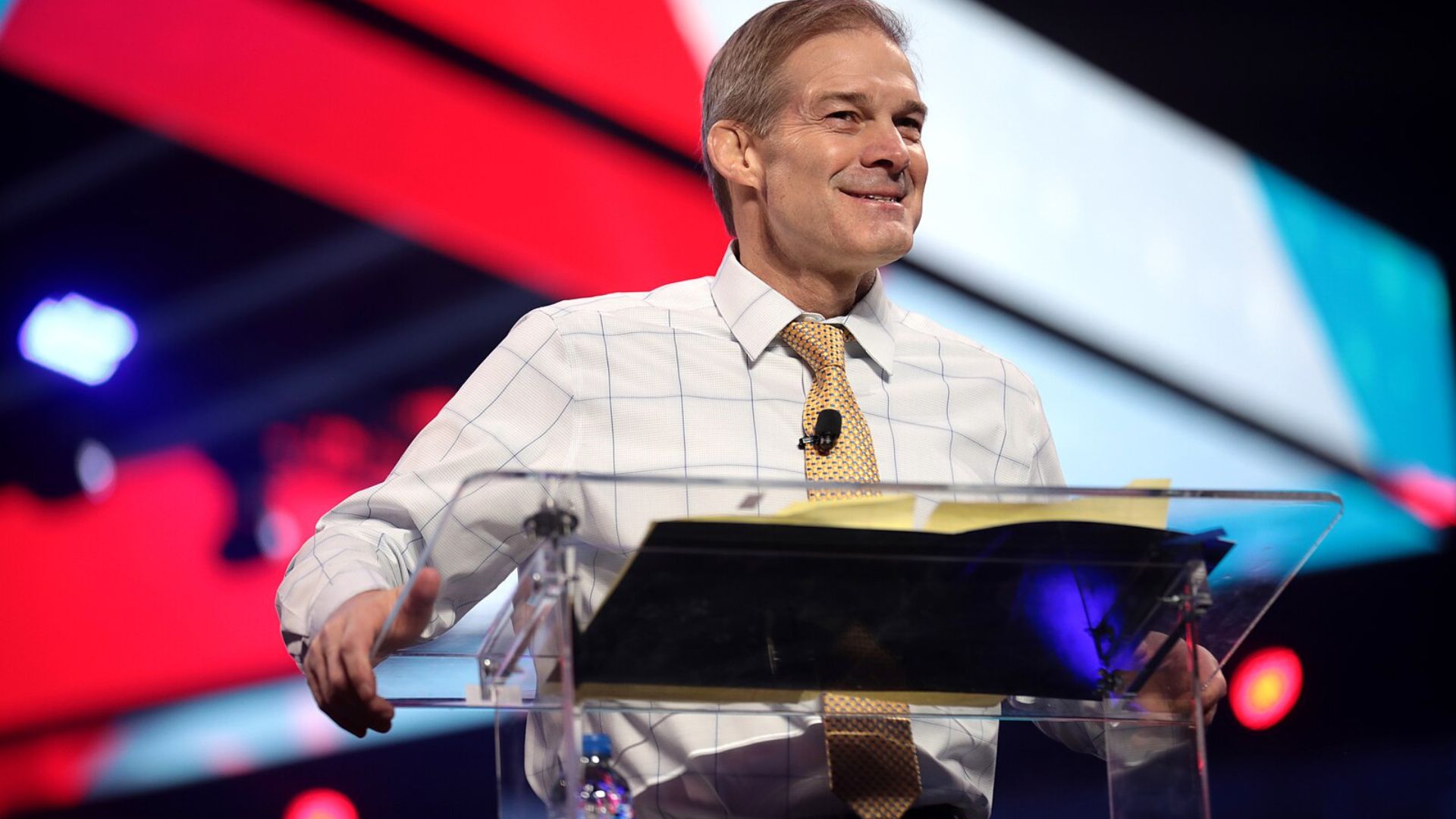
Before the court’s decision, Rep. Jim Jordan, as the chairman of the House Select Subcommittee on the Weaponization of the Federal Government, had been deeply involved in probing supposed undue influences exerted by the executive branch over social media firms.
He argued that these efforts undermined free speech.
Jim Jordan’s Claim Against The White House
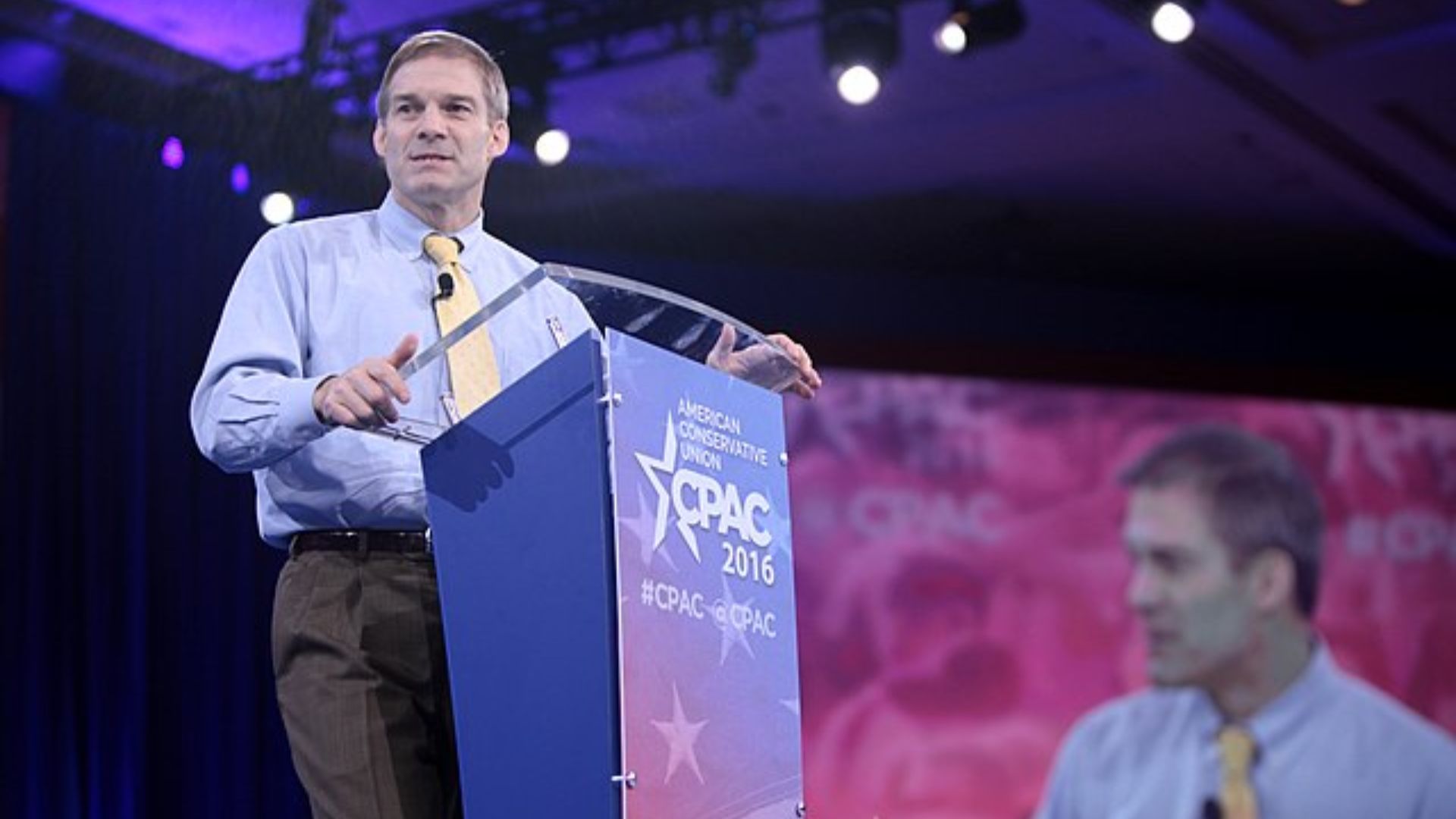
Jordan’s supposed “smoking gun” investigation, which included evidence that Biden’s government had collaborated with Meta company leaders to remove certain information about Covid-19.
A staunch Biden critic, Jordan, said his committee uncovered efforts from the federal government to crack down on misinformation, specifically the lab leak theory and incorrect information about vaccines. This is the case, as Biden’s administration has defended these efforts to protect public health.
The Case Was Full Of Holes
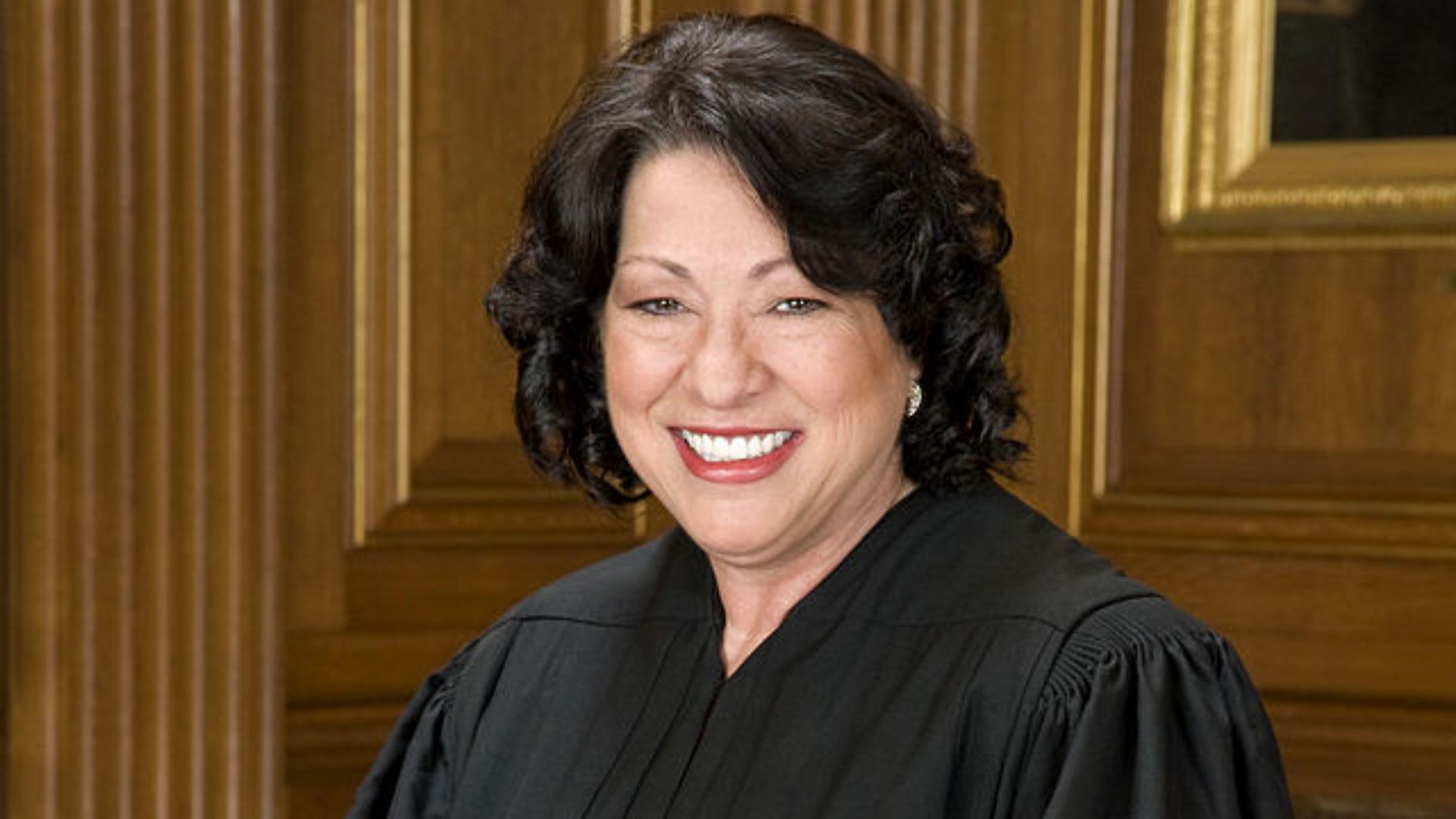
During oral arguments, health experts and government officials warned that flagging medical misinformation or election falsehoods was crucial for public health and the functioning of democracy.
Benjamin Aguiñaga, the solicitor general of Louisiana, faced heavy criticism in his arguments on behalf of the claimants as justices found factual inaccuracies and misrepresentations in the case. Justice Sonia Sotomayor told him: “I have such a problem with your brief, counselor.”
The Ruling’s Consequences for Jordan’s Efforts
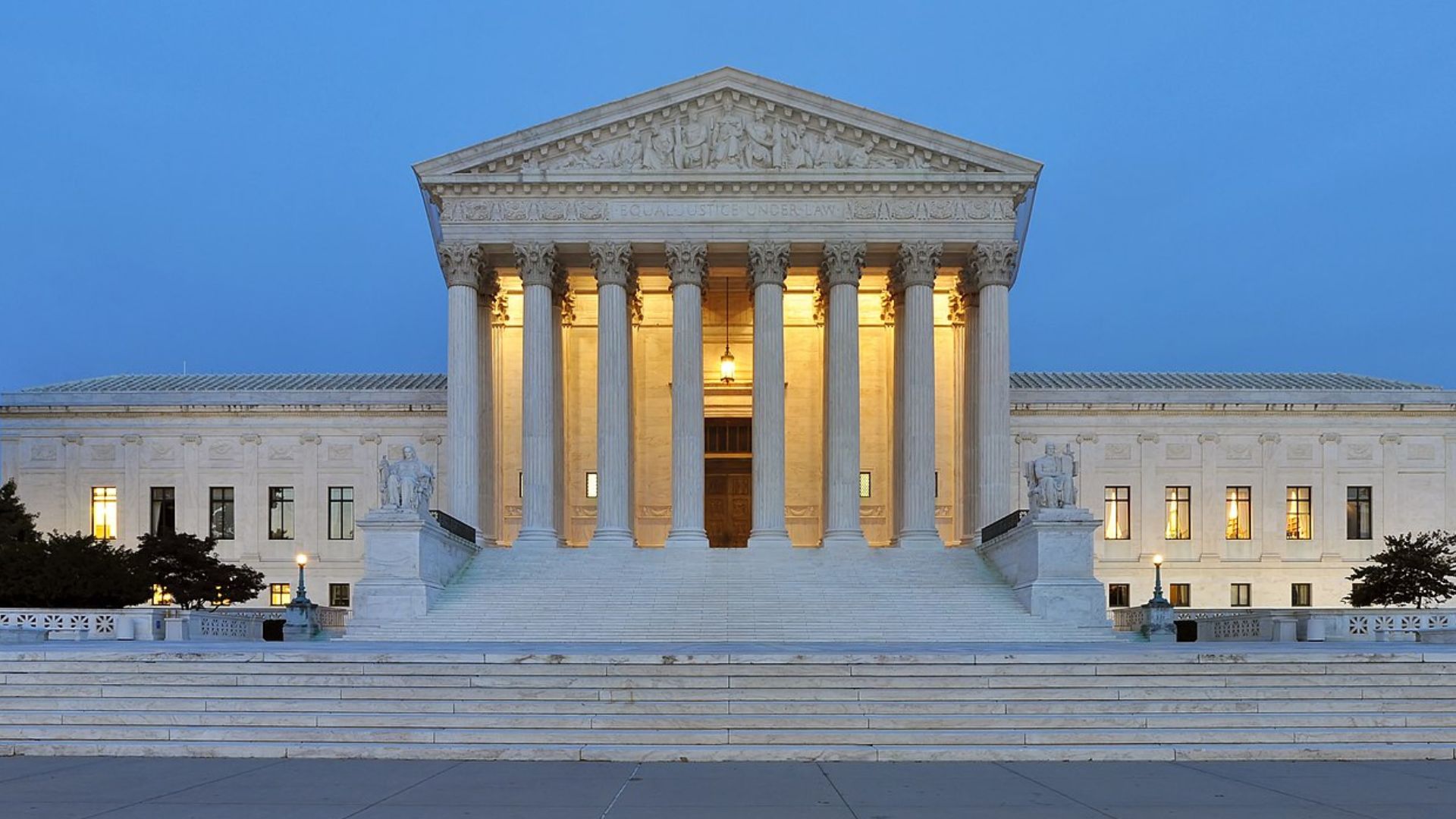
The Supreme Court’s ruling represents a major blow to Jordan’s investigative pursuits.
Rep. Jerry Nadler suggested that this should serve as a signal for Jordan and his colleagues to reconsider their ongoing investigations into various entities accused of spreading misinformation online.
Jordan’s Call for New Legislation

Unswayed by the Supreme Court’s ruling, Jim Jordan is advocating for legislative reforms to ensure free speech protections.
He emphasized the need for the Censorship Accountability Act to counter what he describes as the “unconstitutional censorship-industrial complex.”
Jordan Champions the First Amendment
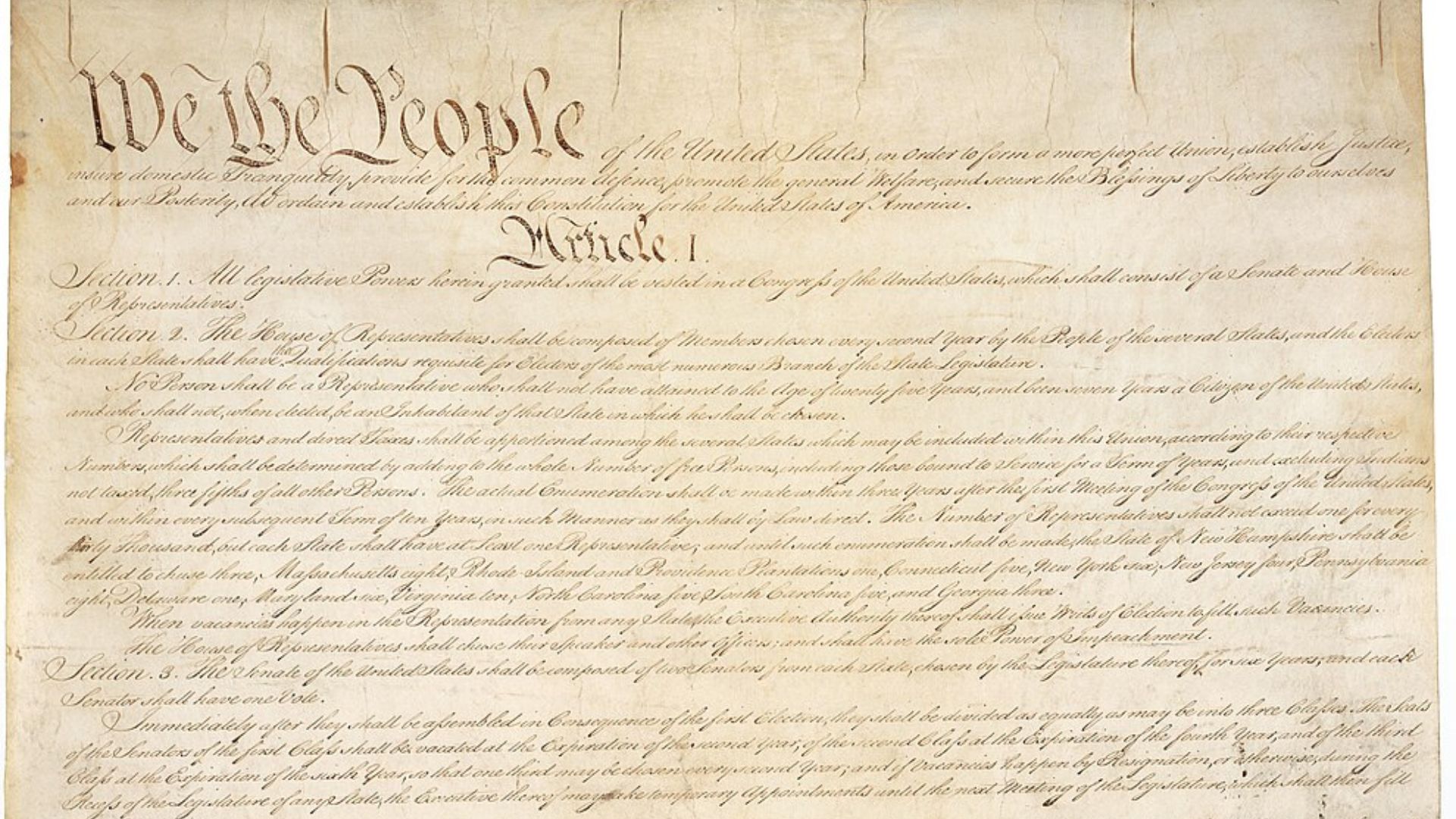
In light of the ruling, Jim Jordan reiterated his dedication to the First Amendment, declaring, “The First Amendment is first for a reason, and the freedom of expression should be protected from any infringement by the government.”
He stressed the importance of having open debates on all platforms.
Jordan’s Response to the Supreme Court
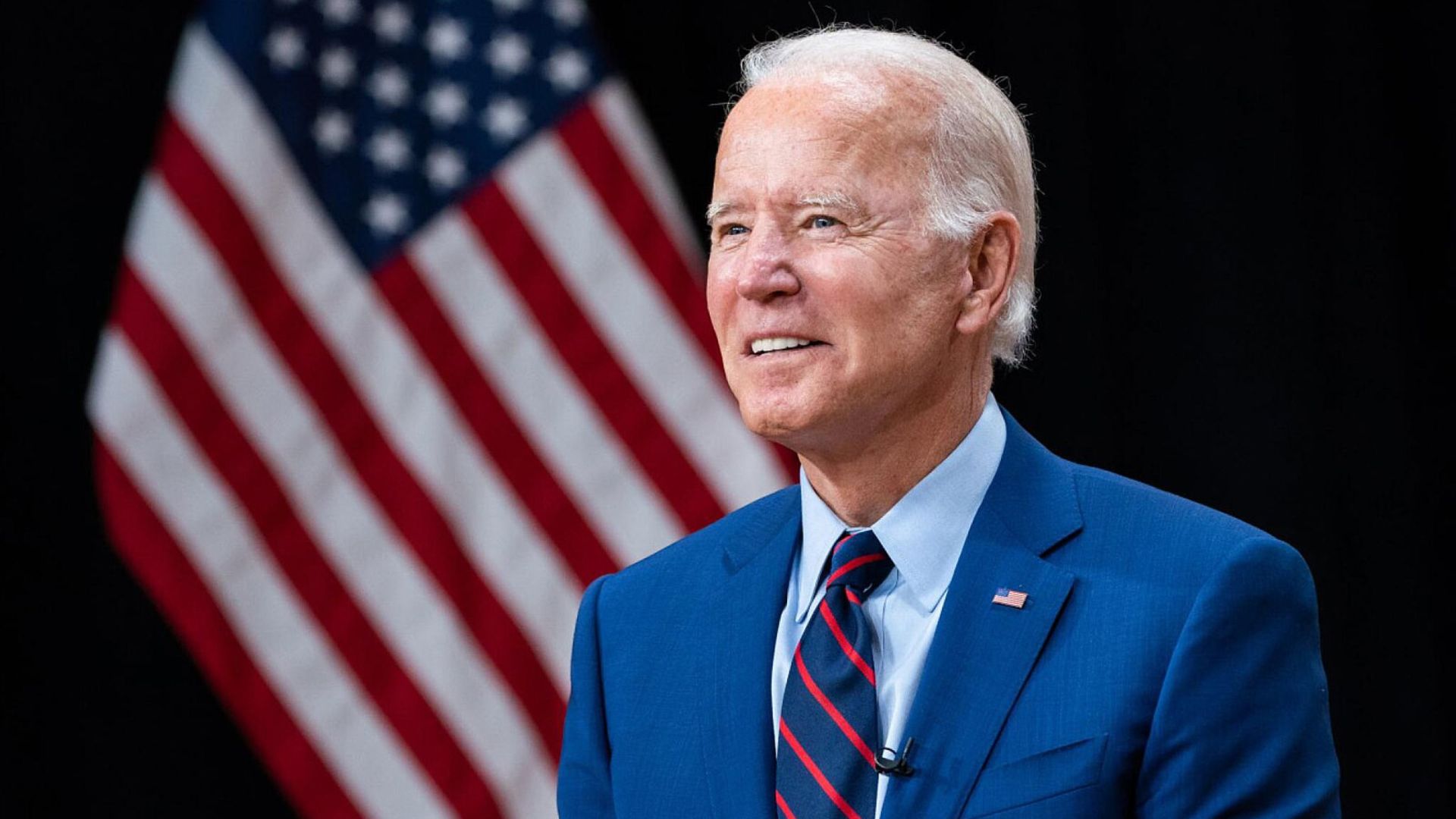
Disagreeing with the Supreme Court’s decision, Jim Jordan pointed to his investigations which he believes highlight the need for policy changes.
He argued that his findings reveal significant censorship activities by the Biden Administration that infringe on First Amendment rights.
Some Feel Vindicated By The Supreme Court’s Ruling
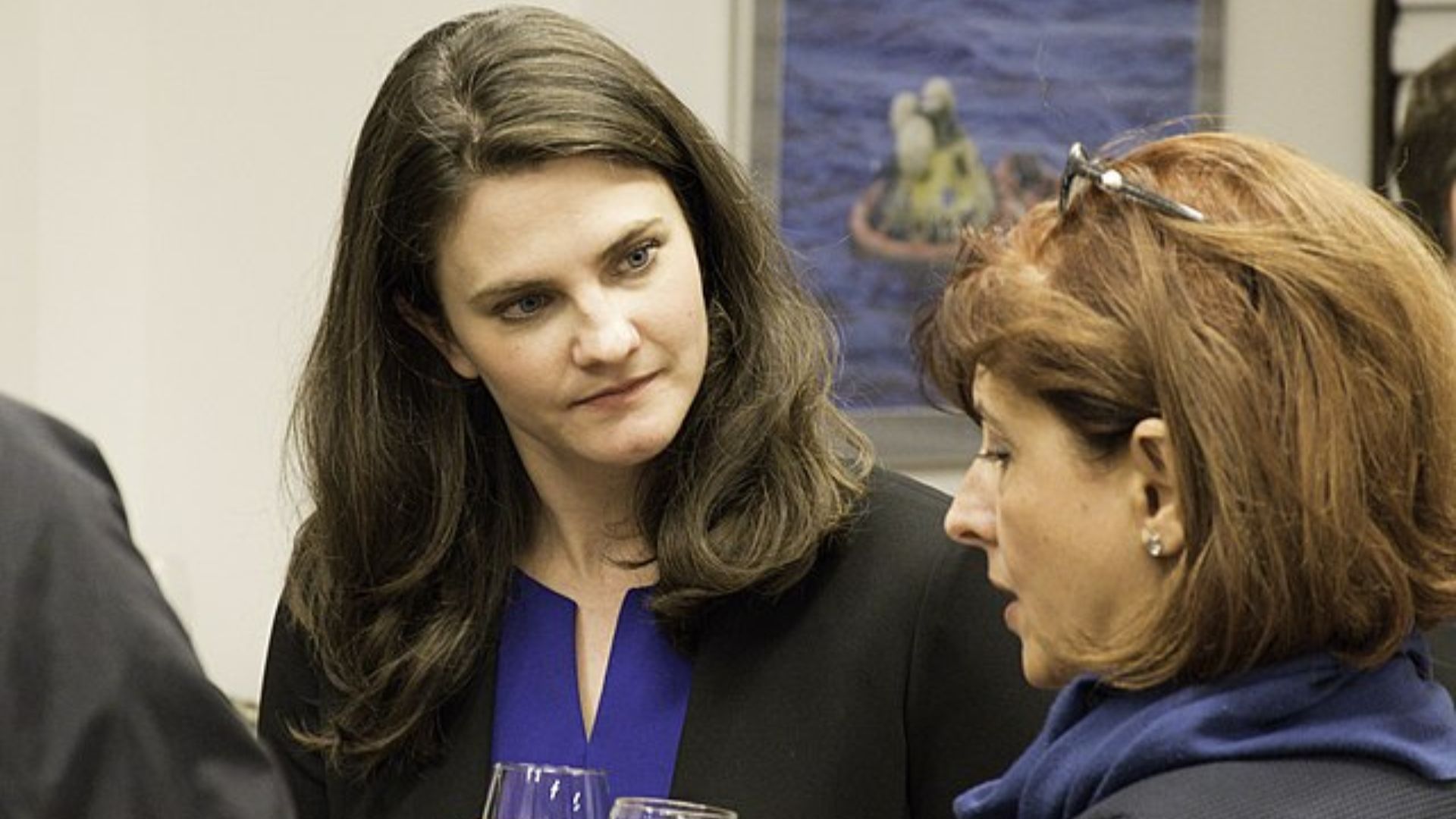
Nina Jankowicz was a government disinformation expert who was dragged into the case just weeks into her job.
After resigning from her position, she still faces threats from supporters of the claimants online. Jankowicz said: “It was meant to smear those named as treasonous and freeze work that had been set up to protect our information environment ahead of key events including the 2024 election.
Jordan’s Future Investigative Plans
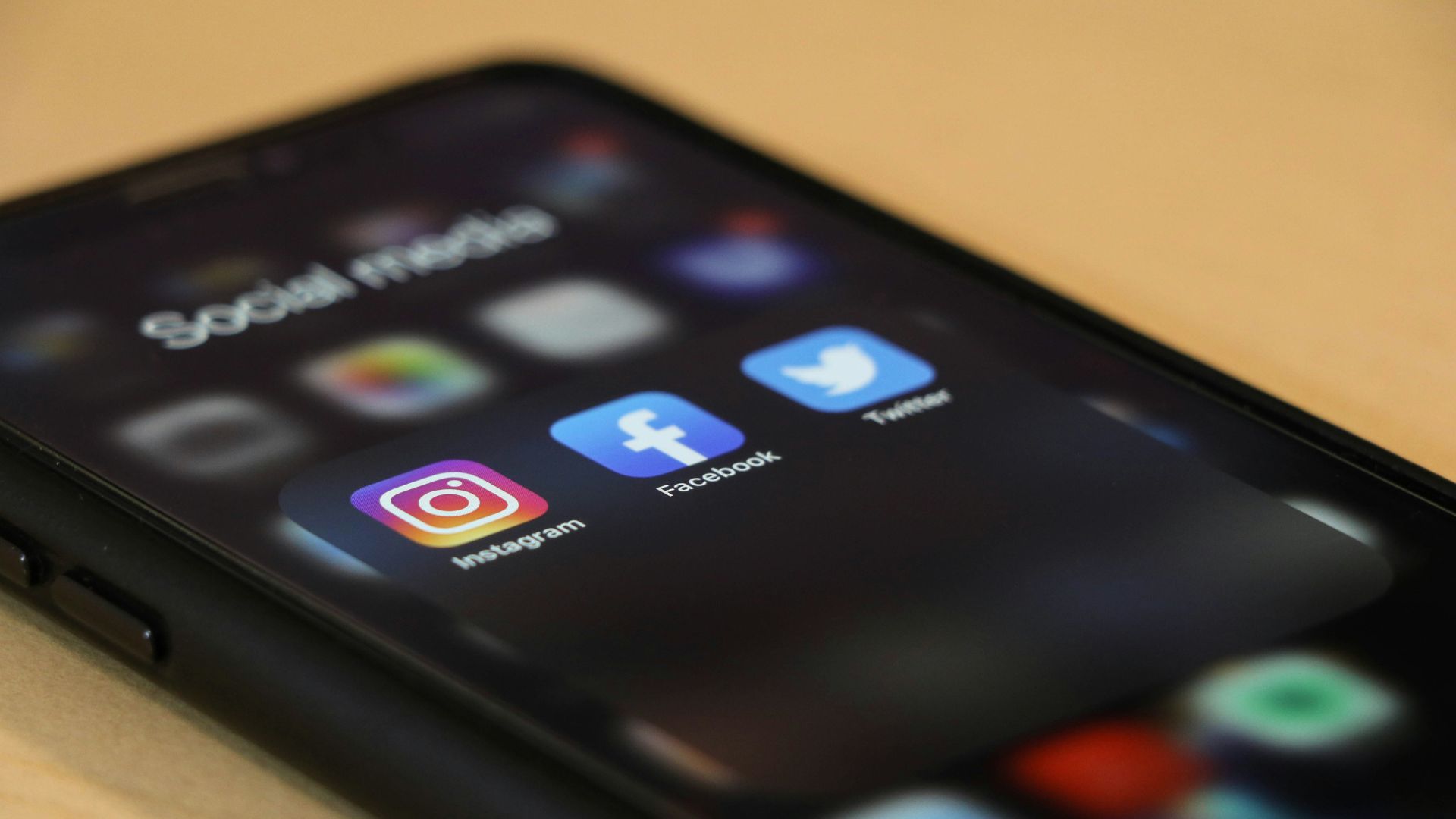
Jordan has vowed to continue his investigative efforts, focusing on the interactions between government agencies and social media companies.
His goal is to gather more evidence and advocate for policies that increase transparency and safeguard free speech.
The Potential Impact of the Censorship Accountability Act
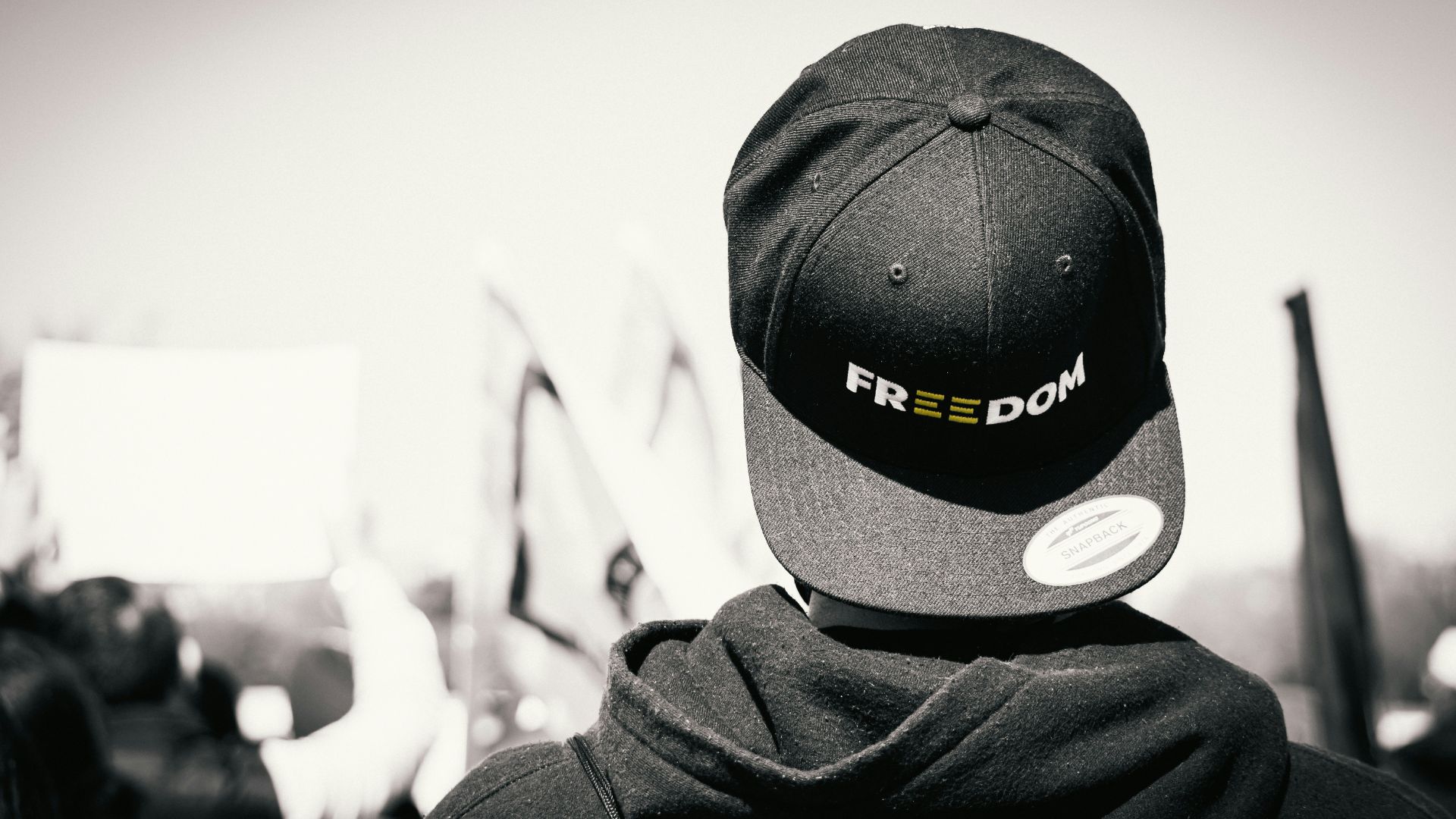
Jim Jordan’s proposed Censorship Accountability Act aims to establish a legal framework that holds both government entities and technology companies accountable for acts of censorship.
He views this legislation as crucial for protecting free speech.
Other Politicians Disagree With The Ruling
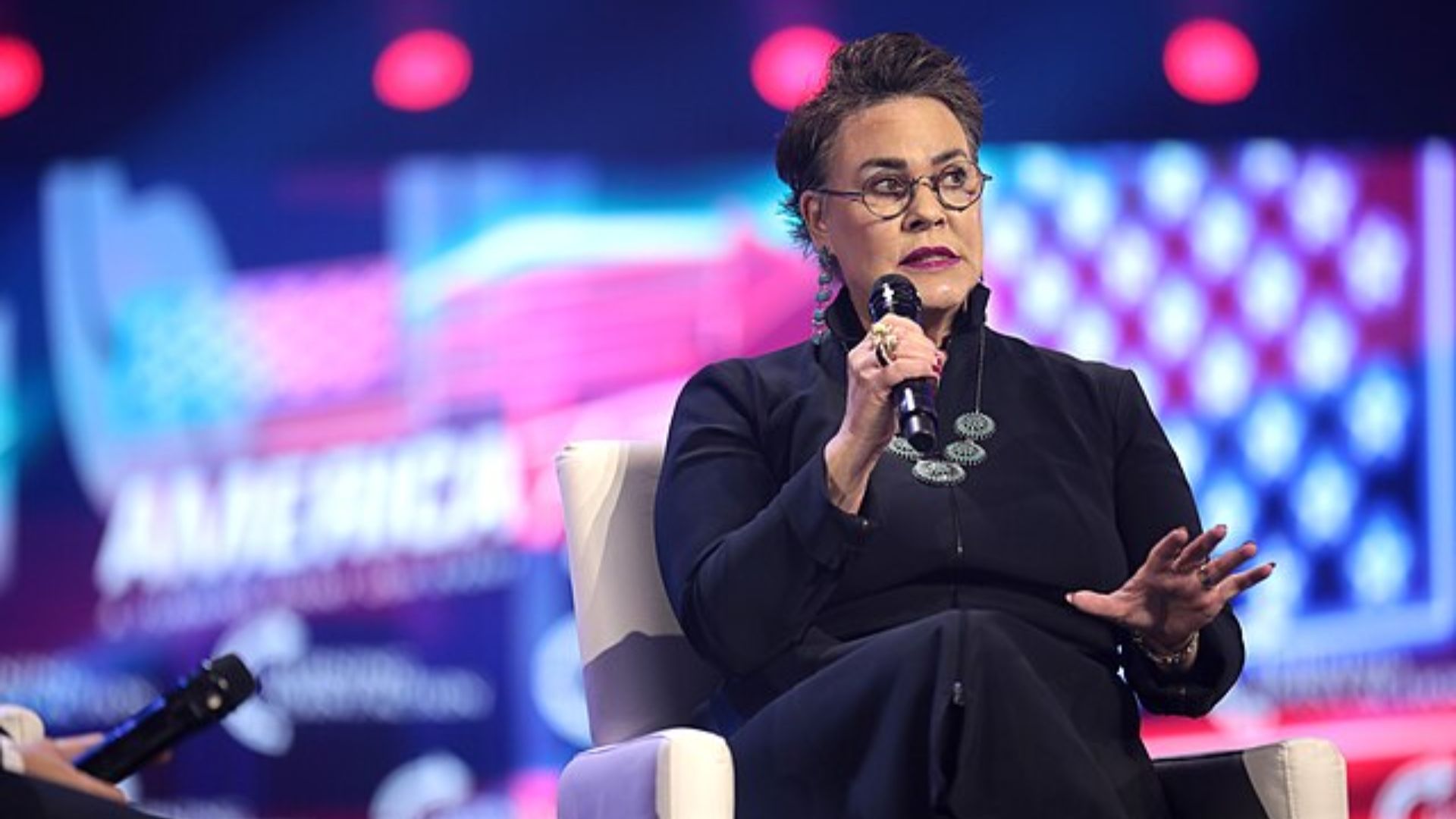
Jim Jordan is not the only one pushing for the Censorship Accountability Act. Wyoming’s solo House Representative, Harriet Hageman, continues to try to get the bill she co-sponsored and co-wrote.
This law would introduce a channel through which people could sue federal officials who violate the first amendment of the constitution. Hageman called Supreme Court’s decision the “unconstitutional proxy use of social media companies to censor Americans’ speech”.
Why Did Jordan Lose This Case?
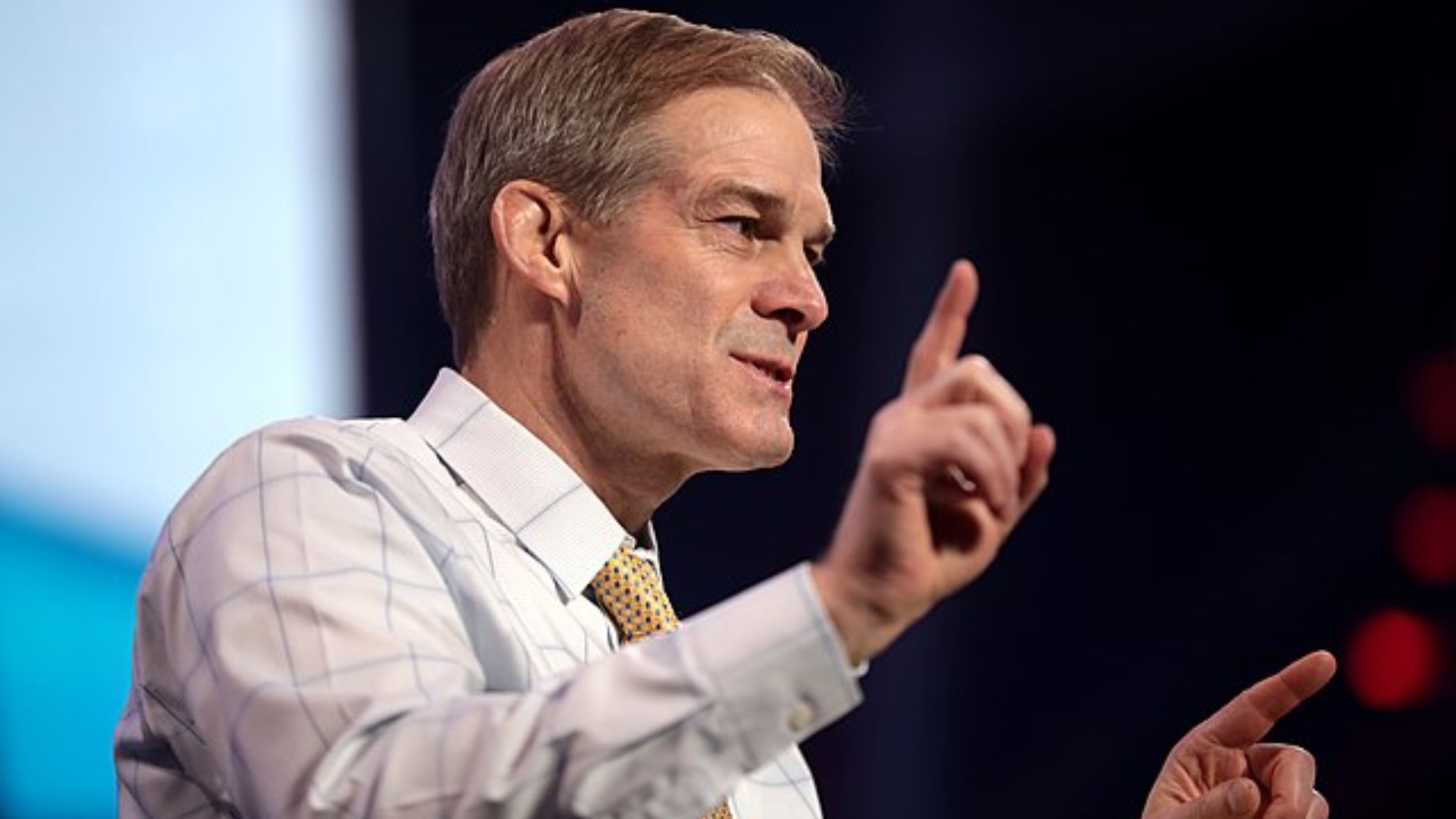
A legal injunction that stops the federal government from coercing social media platforms from suppressing alternative takes might seem like a valid case.
However, the Supreme Court held that the crux of the issue was the lack of clarification between legitimate government persuasion of social media platforms and unlawful official coercion. Coney Barrett insisted that disgruntled social media users must ground their dissatisfaction with misinformation mechanisms in evidence rather than baseless accusations.
The White House Stands By Its Actions
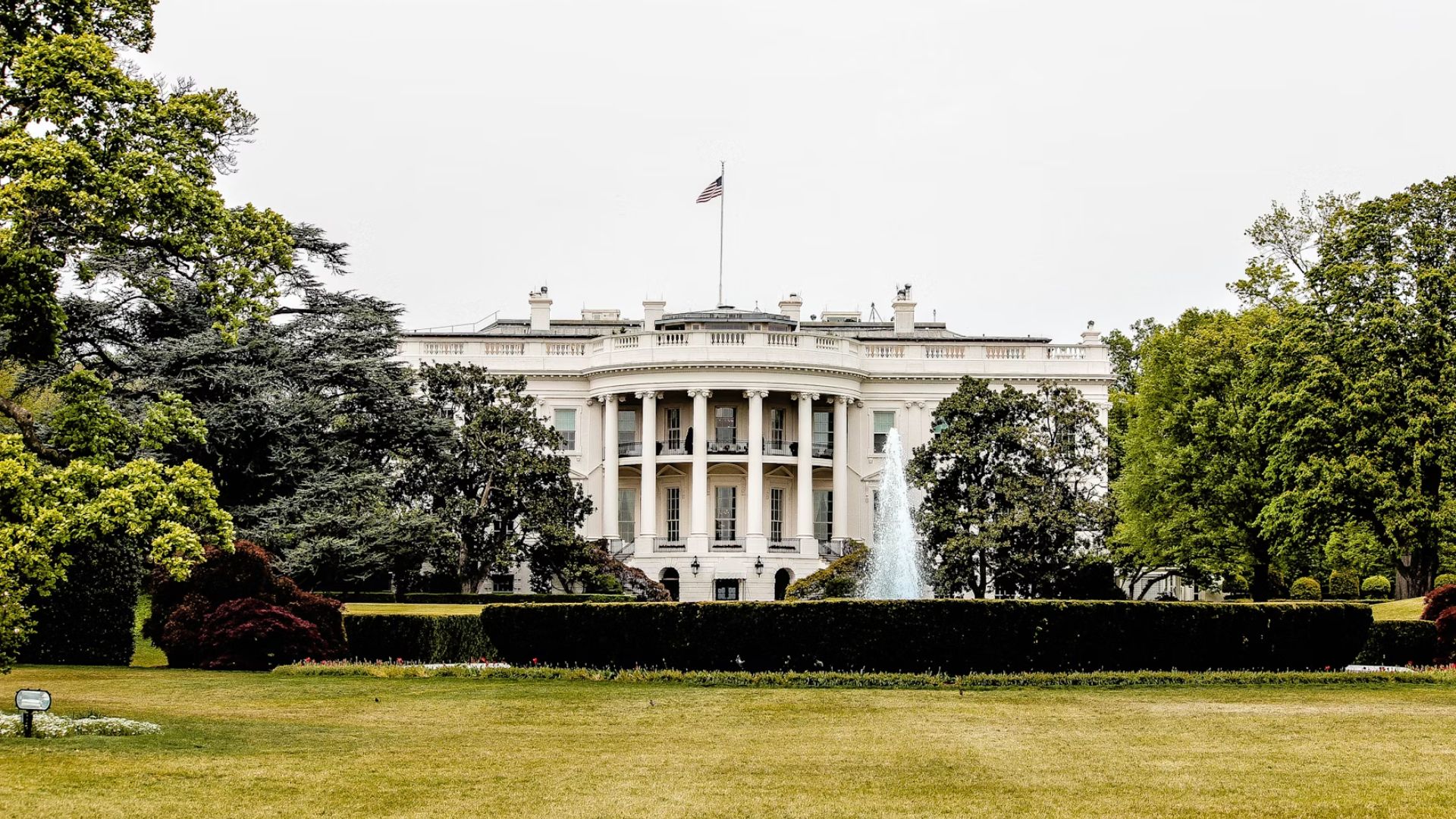
Despite the legal whirlwind and derailed careers because of this case, the White House continues to defend its efforts to encourage content-moderation against misinformation and disinformation.
Sharon Yang, a White House spokeswoman, said: We’re not going to apologize for believing that social media platforms have a responsibility – a critical responsibility – to take account of the effects their platforms have on the American people.”
Continuing Debate on Government and Free Speech
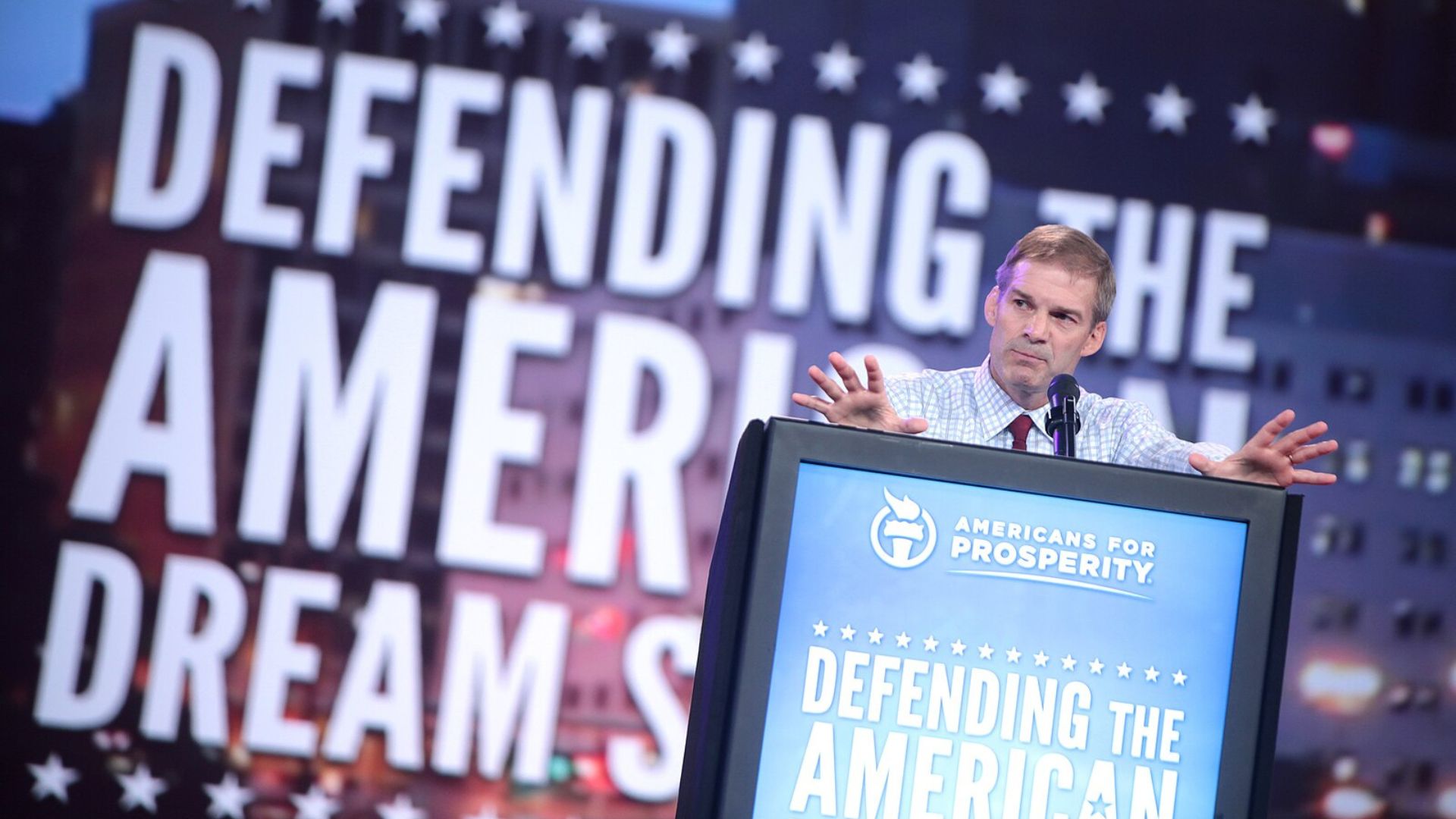
As the legal and political drama unfolds, Jim Jordan remains a central figure in the ongoing debate over governmental influence on social media content.
The outcome of his endeavors could significantly influence how free speech is understood and protected in America.
